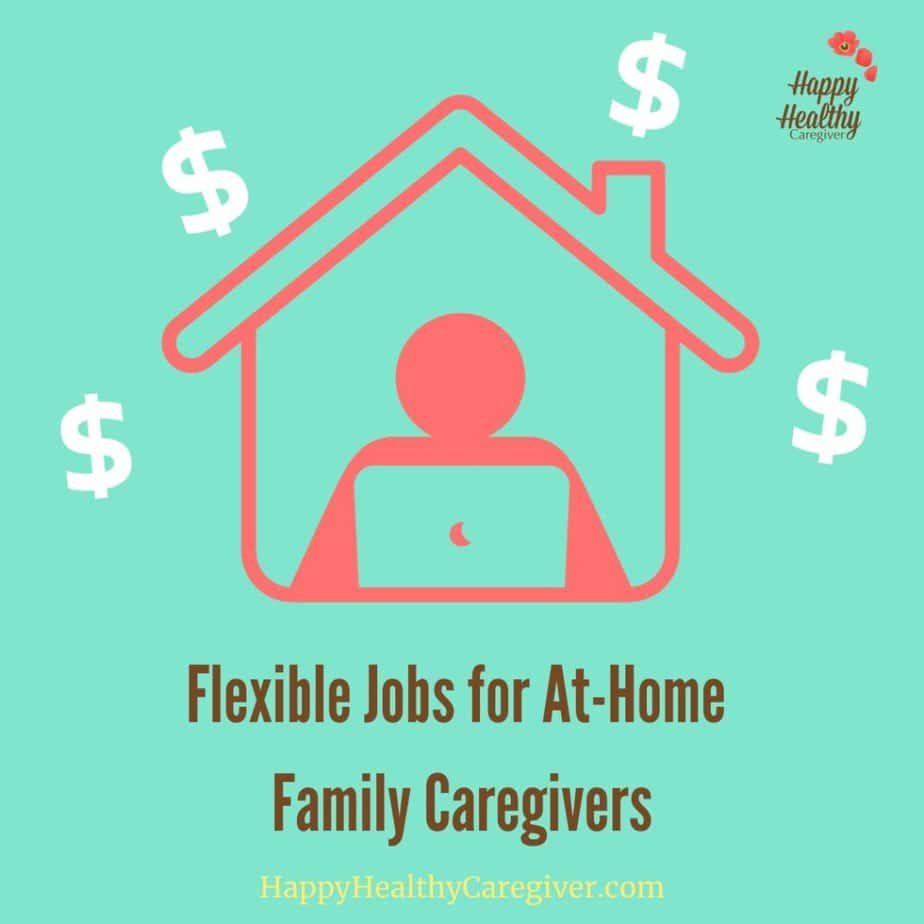a guest post written by Rick Lauber
Why do family caregivers focus much of their time, energy, and resources assisting an aging parent but, frequently, completely overlook providing themselves some help and support?
There are various reasons:
A family caregiver may feel that caring for an aging senior may be completely his/her own responsibility (mentally justifying it by saying something like, “Mom and Dad cared for me as a child … now it’s my turn …”).
A family caregiver may feel anxious about delegating caregiving work to another person (“Mom and Dad are my parents and nobody could provide better care for them than me …’).
A family caregiver may feel embarrassed to ask for help (“Asking for help is a sign of weakness … I can do this on my own …”).
A family caregiver may not know where to find outside help (“Who can actually help me and what questions do I ask?”).

As a former co-caregiver for my own aging parents (Mom had Parkinson’s disease and Leukemia while Dad had Alzheimer’s disease), I learned about self-care (or respite) the hard way. With Mom and Dad being my priorities, I tried to squeeze in too much into each day, raced from one appointment to the next, and even reduced my working hours to part-time with my career (thus taking a financial hit). I found that it was immensely difficult to watch both my parents decline physically and mentally. Mom needed weekly blood transfusions and Dad forgot his former life, his career, and his family – including me, as his son.
In due course, caregiving began to take its toll on me. Caregiving can easily add up to the equivalent of a second full-time job and where do you find this time? I lost sleep. I was distracted at work and feared that my office phone would ring with a parental emergency. I would grab a coffee and a muffin on my way into work and call it a nutritious breakfast. I became more stressed and more irritable when having to wait in rush hour traffic or a line-up at the store. My own health began to suffer. In addition to the physical responses of caregiving, I also suffered emotionally. I often thought and/or worried about Mom and Dad. I underwent anticipatory grief watching helplessly as my parents – once the perfect pictures of good health – were stricken with serious medical conditions.
While others did advise me about the value of caregiver self-care, I didn’t completely listen to or heed them. I think I finally identified self-care as a personal priority when my sisters and I registered Dad in a hospital day program. We had realized that Dad was becoming increasingly needy around Mom and she didn’t have the strength to keep up. By having Dad away for a couple of days per week, Mom could enjoy some peace and quiet and, often, simply caught up on her sleep.
If Mom could benefit from having Dad away, maybe I could as well. I began my self-care exploration by visiting local coffee shops to sip cappuccinos and read the daily newspaper. I didn’t have to stay too long and felt far more rested and recharged when I left. This type of self-care progressed to other activities, including walking and writing. Walking provided me with physical exercise and cleared my head. Writing provided me an opportunity to share my thoughts and frustrations on paper. I also chose to further share selected writing as newspaper articles and content for my two published caregiving guidebooks.

A caregiver’s self-care can take any form. One of the easiest ways to find self-care is to pinpoint what you used to enjoy before becoming a caregiver but feel that you no longer have the time to do it. This could be a former pastime or hobby (e.g. gardening, reading, listening to music, playing sports, etc,). Alternatively, caregivers can explore new areas of interest through volunteering or taking a class. Self-care doesn’t have to be costly or complicated. You may be familiar with the analogy of donning your oxygen mask first when on a plane. Doing so may seem wrong and hurtful; however, you simply can’t be of any potential help to others without doing so first.
Now that I have learned of the value of self-care, I continually recommend it to others. Personal rest and self-care are very important for family caregivers to replenish their mental, emotional, and physical energies. Whatever you do for self-care, do it routinely. Understand that caregivers must value and respect their own self-care. Taking personal breaks will make you a better and more effective caregiver.
As a former co-caregiver, Rick Lauber helped and supported his own aging parents (his mother had Parkinson’s and Leukemia and his father had Alzheimer’s). Rick learned that caregiving is challenging and used writing to personally cope. His stories became two books, Caregiver’s Guide for Canadians and The Successful Caregiver’s Guide – this second book is for American readers and is available for purchase from Self-Counsel Press, Amazon, and Barnes & Noble bookstores.


